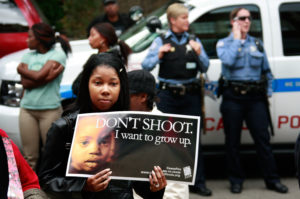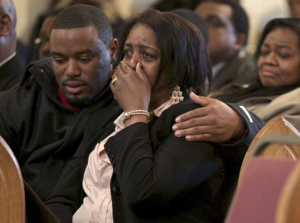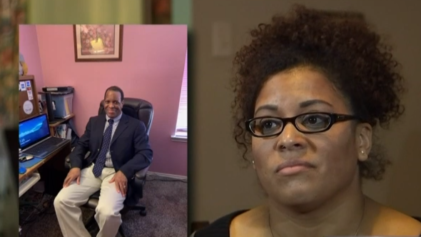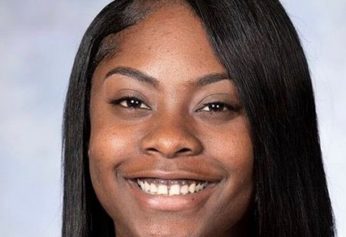
Post-traumatic stress disorder (PTSD) could potentially be sweeping the streets of Chicago, but many of the city’s residents will never even know it.
“Most people who experience trauma are not going to identify themselves as mental health patients and seek treatment,” said Dr. Stevan Weine, a psychiatrist and professor at the University of Illinois at Chicago who specializes in PTSD, according to Al Jazeera America. “You have to find them where they’re at and try to work with them to build their coping strategies.”
To be clear, there will be many people in the city who will suffer from trauma and not necessarily be diagnosed with PTSD but with so many people in the city being hesitant to even explore their mental health after experiencing a shooting or losing a loved one, many cases of PTSD have already gone undiagnosed.
According to a study of trauma patients at Chicago’s Cook County Hospital back in 2011, more than 40 percent of the patients tested positive for symptoms of PTSD.
That percentage was even higher for victims who had been shot.
Despite the study results, many residents were still reluctant to seek assistance and the city’s lack of resources certainly isn’t helping to convince them seek medical attention.
Counseling services and mental health clinics have taken serious hits in Chicago over the past few years.
Back in 2012, six of Chicago’s 12 mental health clinics were forced to close their doors for good due to drastic budget cuts. With fewer facilities, patients would have to travel for longer periods to even get to a clinic and once they arrived the wait times were much longer than they would have hoped.
Residents who are pushing to get the centers reopened announced at a city council hearing that more than 2,000 patients are forced to stop seeking treatment for mental health disorders, like PTSD, due to the city’s lack of resources.
The budget cuts have left many Chicago residents who have witnessed a shooting or lost a loved one to a shooting feeling taxed emotionally, without any expert advice as to what they should do to cope with their tragic experience.
“People need places where they can freely express the emotional roller coaster that can follow being shot or having a family member or friend shot,” said Thandiwe Gobledale, a hospital chaplain at Advocate Christ Medical Center. “Especially pertinent may be questions of how to go on with life.”
For one mother, she couldn’t find the answer to that very same question.
After losing her 18-year-son to gun violence, Pamela Bosley couldn’t find a way to continue on with life so she attempted to end it.
“The pain was so bad, I tried to take my life,” she told Al Jazeera America.
Her first attempt to take her own life was interrupted as thoughts of her two surviving sons crossed her mind.
A second attempt to overdose on sedatives was ineffective and she woke up hours later to what she described as “bright morning sunlight.”
Bosley gave up on her attempts to end her life but said she was still haunted for years.
She couldn’t sleep and she could barely make it through the day without bursting into tears.

“The children have nobody to talk to,” Bosely said. “So they build up all this anger.”
Bosley has started counseling children through St. Sabina Church and learned that many children are struggling in school because they can’t cope with traumatic experiences.
“It’s not that they don’t understand the assignment, but they can’t concentrate because of what’s going on in their mind,” she said. “They’re remembering their brother or another loved one dying.”
Meanwhile, medical experts have found that the young people behind the guns are suffering from PTSD just as much as their victims.
“We had people tell us that we’d see a lot of people who were gang bangers and they wouldn’t develop PTSD because they were already hardened to that kind of life,” behavioral scientist Grant Marshall told ProPublica. “We didn’t find that to be the case at all. People in gangs were just as likely as anyone else to develop PTSD.”
Marshall believes officers should suggest mental evaluations for shooters before taking them to jail.
Even then, however, the lack of resources for mental health care in Chicago could make those efforts futile.
“If you’re a refugee coming from war and you’re resettled in the U.S., you have access to special mental health services to treat PTSD,” Marshall added. “But if you’re living in Chicago on the South Side or the West Side and you’ve been exposed to violence, you don’t have such an opportunity. Those programs don’t exist.”


